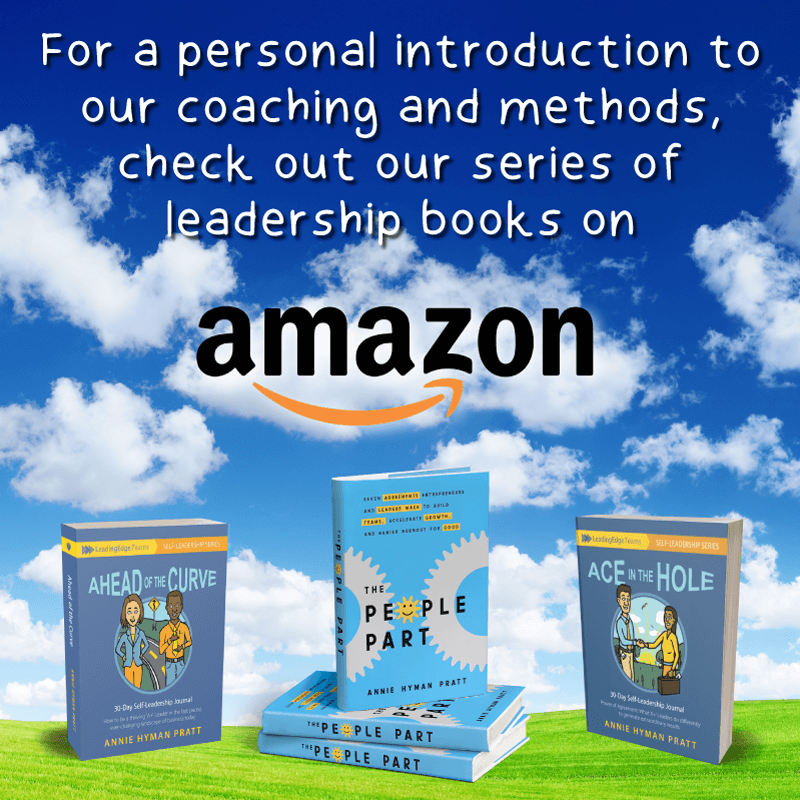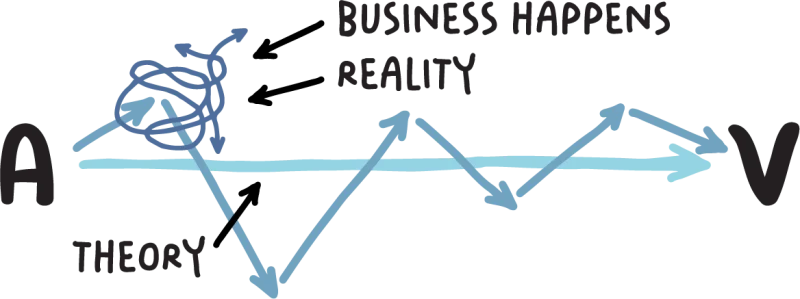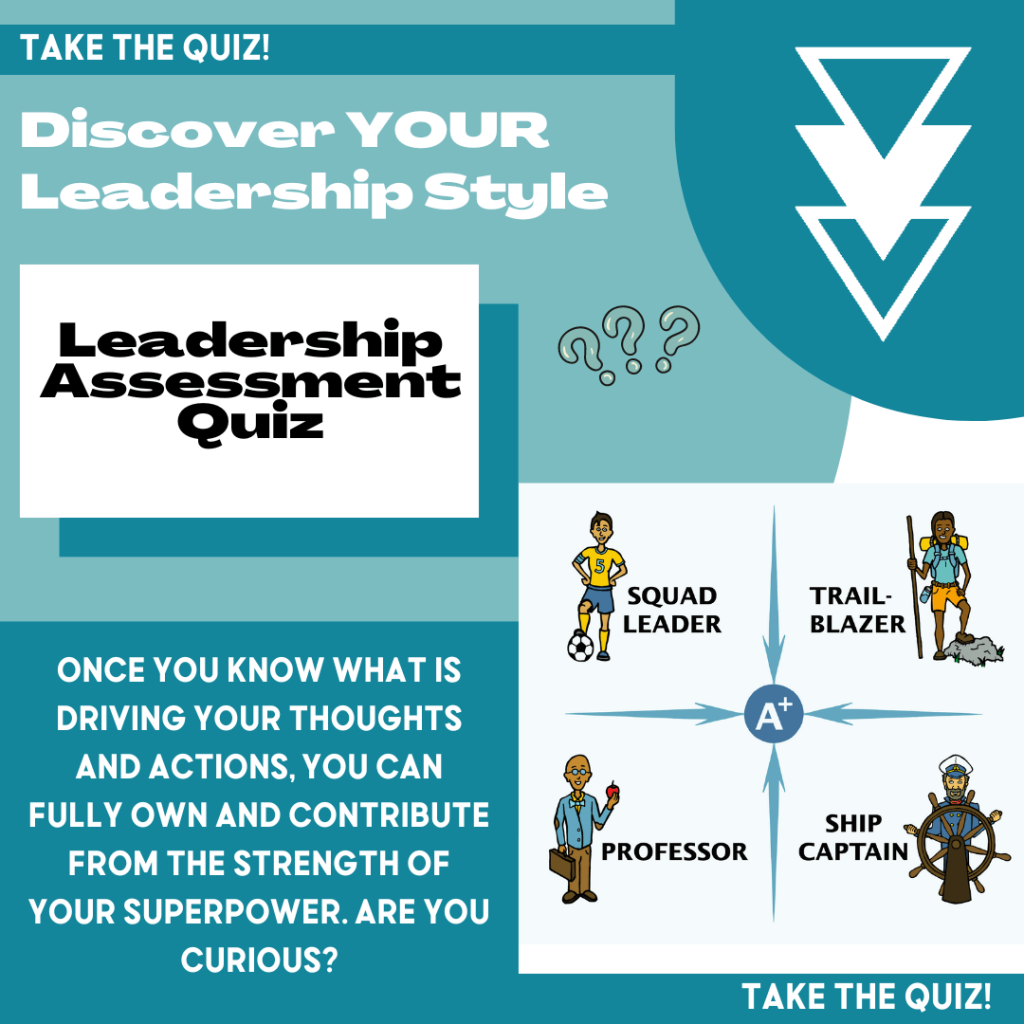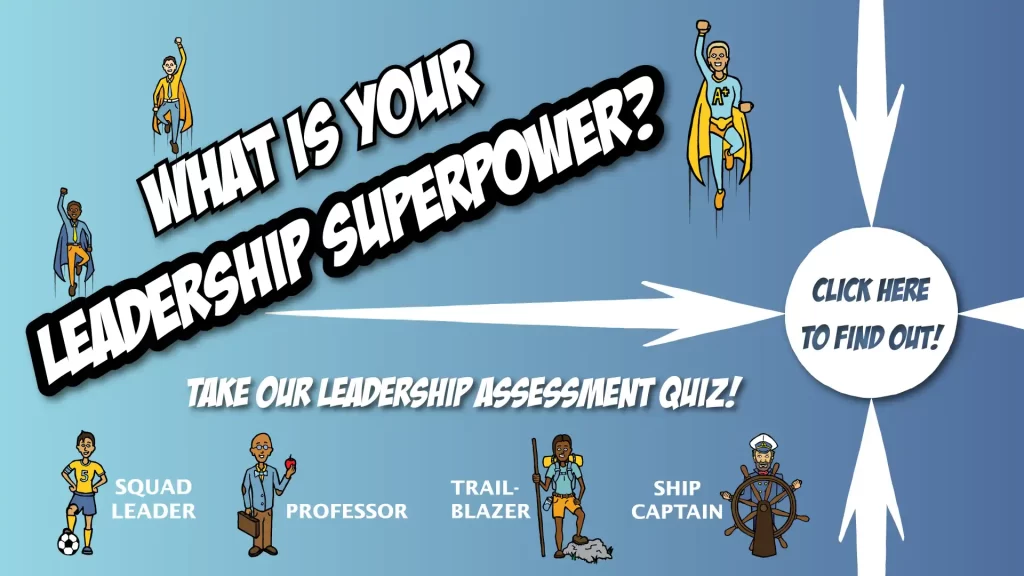Hey, everyone, it’s Annie again! Do one or more of these business problems hit a nerve?
- Ignoring changes in the external business environment
- Vague business purpose
- Unclear branding
- Not meeting the needs of your target audience
- Ineffective, long-term business plan
- Lack of technology learning and upgrades
- Little investment in employee skill development
- Ongoing need for more productivity and profitability
- Limiting potential by not networking and utilizing outside resources
Emerge yourself in all aspects of the problem
Dive deeper to find your best solutions
Finding the best solutions through solid decision making in business requires that you fully understand business issues that arise—and piece together the whole picture: Explore what is underneath the surface of an issue, and ask your team questions to consider the varied perspectives that may lead to solutions…

WHAT exactly is the problem and WHY does it need your time and attention?
Take a deep dive into each business problem that hits a nerve for you from the bulleted list above, or other issues your company is having that come to mind.
CONSIDER THE FOLLOWING:
First off, if you are unwilling to recognize problems and you don't enjoy engaging in problem solving, business is not for you. The true nature of business is that it's always changing. Companies must adapt to change because the external environment is constantly moving forward and always shifting. Nothing stays the same for long.
People drive change!
Customer expectations keep changing—and whether you're B2B or B2C, technology is changing faster than you can imagine. And as always, the economy fluctuates based on the trends of what people need and want. So… because the external environment keeps changing, frankly faster and faster, a business must respond to stay ahead of the curve. Change often creates problems—staffing (need less or more), sales dip, or your advertising budget has to increase, or a support service raises its rates, etc.
Because businesses are complex, think of your problems within your business like this: your company survives and thrives in its own ecosystem. It is an organism that lives in a bigger ocean, so to speak. When looking at an organism, you need to dive in to more fully understand the problems that surround it to be able to solve any problems that affect it. Too often, leaders ignore issues, not being willing to dive in deep waters with strategic thinking. Diving in, helps companies adapt so the business evolves forward with the variables the ecosystem creates.
There's very few meaningful issues in business that have a quick fix.
It's cool when that happens—I love it—but it's not that common. So to understand and resolve a problem involves looking internally and externally at your business. It’s important to ask, “What has changed to cause this problem? And what is still changing that may impact my business going forward? The point being, if you address a current situation, the resolution you choose might not be effective if ongoing change is influencing the future success of your business.
One example: I work with entertainment companies, and one of the drivers that is changing in entertainment, that all of us can relate to, is that there are fewer and fewer big theatrical, high budget movie releases in theaters. Streaming services have definitely changed the entertainment ecosystem.
We all know that good movies and series are available at home with a click or a tap. The last decade, especially, has made a supercharged shift in the movie industry. There’s fewer big budget movies, and way more streaming services, so many that all of us, the people, can’t even keep up—from Netflix to Amazon and Apple+ and so many more!
Okay, so that's a giant shift. Big entertainment studios are scrambling to adapt now that they’re putting out fewer big blockbuster movies. Streaming movies is where the action is. These are smaller projects with employees needed on a lesser scale, but with similar talents—things like color correcting and finishing, voice work, marketing and more. The needs aren't all that different, so companies stay alive and people stay employed as long as they customize their business strategy. Companies in the entertainment industry must redesign themselves to preserve their long-term viability.
The budgets, what the studios can pay for, are radically different. And that is a problem. It's not complex to understand the problem, but it's extremely complex to solve it since they need to do really high quality, good work for not as much money.
The solution seems obvious? More big blockbuster work. Right, but wrong. That's an example of a short term solution. They must think into the future, and the future is telling them that they cannot use all their resources going after big blockbuster work since it is going down, down, down. It won’t help assure their success in the long game.
So that's a cautionary example of how companies have to think about and understand what's happening now and in the future if they are to survive the change in the tide! Survival has to be proactive, creative and communicated. All businesses stay afloat by being prepared to ride the ever-changing tide. It can’t be ignored, or the waves will drown them out.
This week, talk to your leaders about everything that's shifted and changed in your industry. Where do you think it's going in the future? How can you stay ahead?
Dive deeper and recognize change; it is part of the solution to your problem.
How to Dive Deeper into Your Company Problem
- To get performance and outcomes back on track, recognize when, where and why you’ve gone off track.
- Avoid the common pitfall of being a leader who tries to fix all the problems by yourself. Instead, encourage open communication with your leaders and team as you seek to find the best solutions.
- Acknowledge when the intended business outcome isn’t possible without a meaningful or significant change to your current plan. Do strategic planning around this reality.
- Create a safe environment for all employees to speak up without getting blamed, criticized, judged or dismissed, so all information and ideas are on the table.
- Encourage everyone’s thoughts and issues to be freely shared, so that you gain all the differing and important perspectives to confront the current problem. Broaden your perspective.
- Psychological safety is crucial when fielding possible solutions to a problem or an adverse impact. Flush out any frustration, fear or self-protection in yourself and others.
- Anchor yourself in your overall positive intention and the desired business outcome. Keep that your beacon and your focus.
Remember, it is fascinating to deep dive into problems. When you do so, you are bound to discover unexpected solutions. They float to the surface. Changes in tides bring a fresh perspective and new opportunities.
Now, go ahead, plunge in and get talking, and listening, to your team.
To learn more about this topic, pick up a copy of my book, The People Part.
This is Leadership!
-Annie
Annie Hyman Pratt, Founder and CEO of Leading Edge Teams, is an integrative business expert. She has dedicated her career to providing, trusted, high-level leadership, and executive consulting and training. Her knowledge merges business structure and functions with trusted, safe, effective working relationships, emphasizing the all-important “people part” to achieve strong business outcomes. An Economics/Business graduate of UCLA, CPA, who in her early twenties, as CEO, led Coffee Bean & Tea Leaf to grow to 70+ stores in Southern California.











